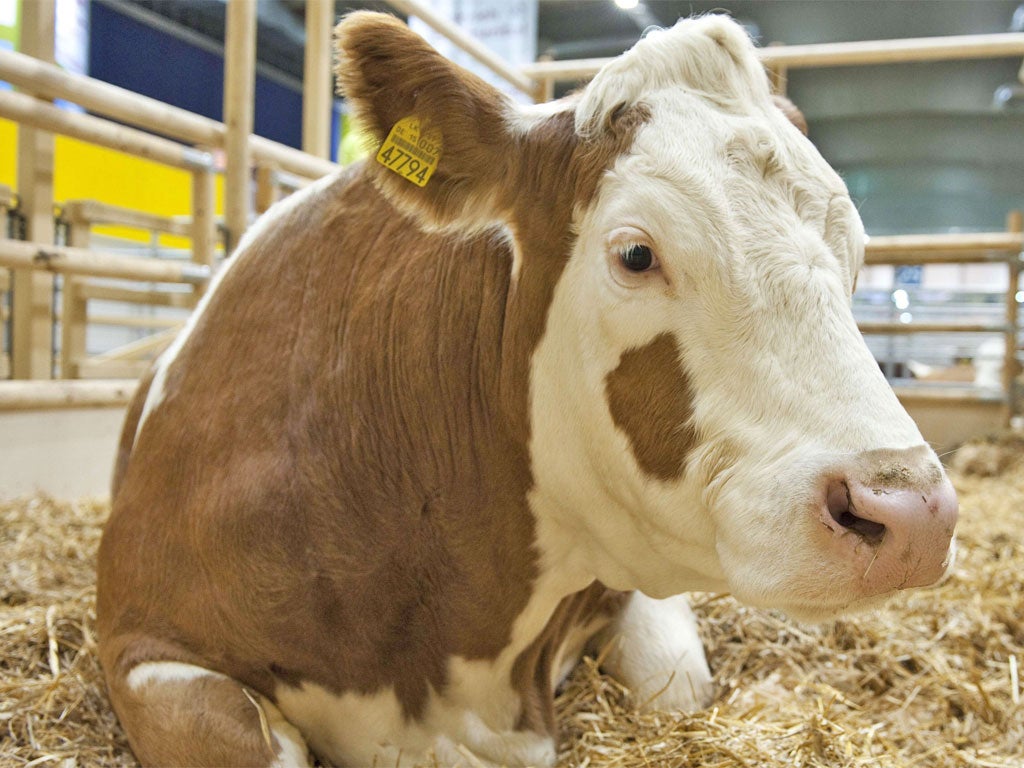Farmers on red alert over outbreaks of new livestock disease

Your support helps us to tell the story
From reproductive rights to climate change to Big Tech, The Independent is on the ground when the story is developing. Whether it's investigating the financials of Elon Musk's pro-Trump PAC or producing our latest documentary, 'The A Word', which shines a light on the American women fighting for reproductive rights, we know how important it is to parse out the facts from the messaging.
At such a critical moment in US history, we need reporters on the ground. Your donation allows us to keep sending journalists to speak to both sides of the story.
The Independent is trusted by Americans across the entire political spectrum. And unlike many other quality news outlets, we choose not to lock Americans out of our reporting and analysis with paywalls. We believe quality journalism should be available to everyone, paid for by those who can afford it.
Your support makes all the difference.A new livestock disease which causes birth deformities in sheep, cattle and goats has been identified in Britain for the first time.
Schmallenberg virus (SBV), seen since last August in livestock on farms in Germany and the Netherlands, has been found in four sheep farms in Norfolk, Suffolk and East Sussex, the Animal Health and Veterinary Laboratories Agency (AHVLA) said yesterday.
It is believed the disease was carried across the Channel by infected midges during the late summer and autumn, and turned up in the area of South-east England which had been thought to be at risk from wind-blown infection. About 200 farms on the Continent were affected in the autumn, 80 in Germany and more than 120 in the Netherlands.
The disease has been identified only now because there were no signs of it in the adult animals, but has since become apparent in newborn lambs on the four farms concerned. SBV has been found to be associated with miscarriages, stillbirths and congenital abnormalities, mainly in sheep but also in cattle and goats.
According to the AHVLA, there are still some uncertainties, but the risk to human health from SBV "is likely to be very low", though farmers and veterinary surgeons are advised to take sensible hygiene precautions when working with livestock.
It is not a notifiable disease, which means there are no major government measures such as movement restrictions swinging into action, and farmers are not legally obliged to report it, though they are being asked to do so.
"I would urge farmers to remain extra-vigilant for signs of this disease and take all sensible precautions to prevent infection," said the National Farmers' Union's (NFU) chief livestock adviser, Peter Garbutt.
"It will also help if any unusual symptoms, or abortions, are reported to the local vet or animal health office. If farmers are considering importing ruminants from the affected parts of Continental Europe, the NFU would strongly recommend that they discuss their plans with their vet first."
Join our commenting forum
Join thought-provoking conversations, follow other Independent readers and see their replies
Comments